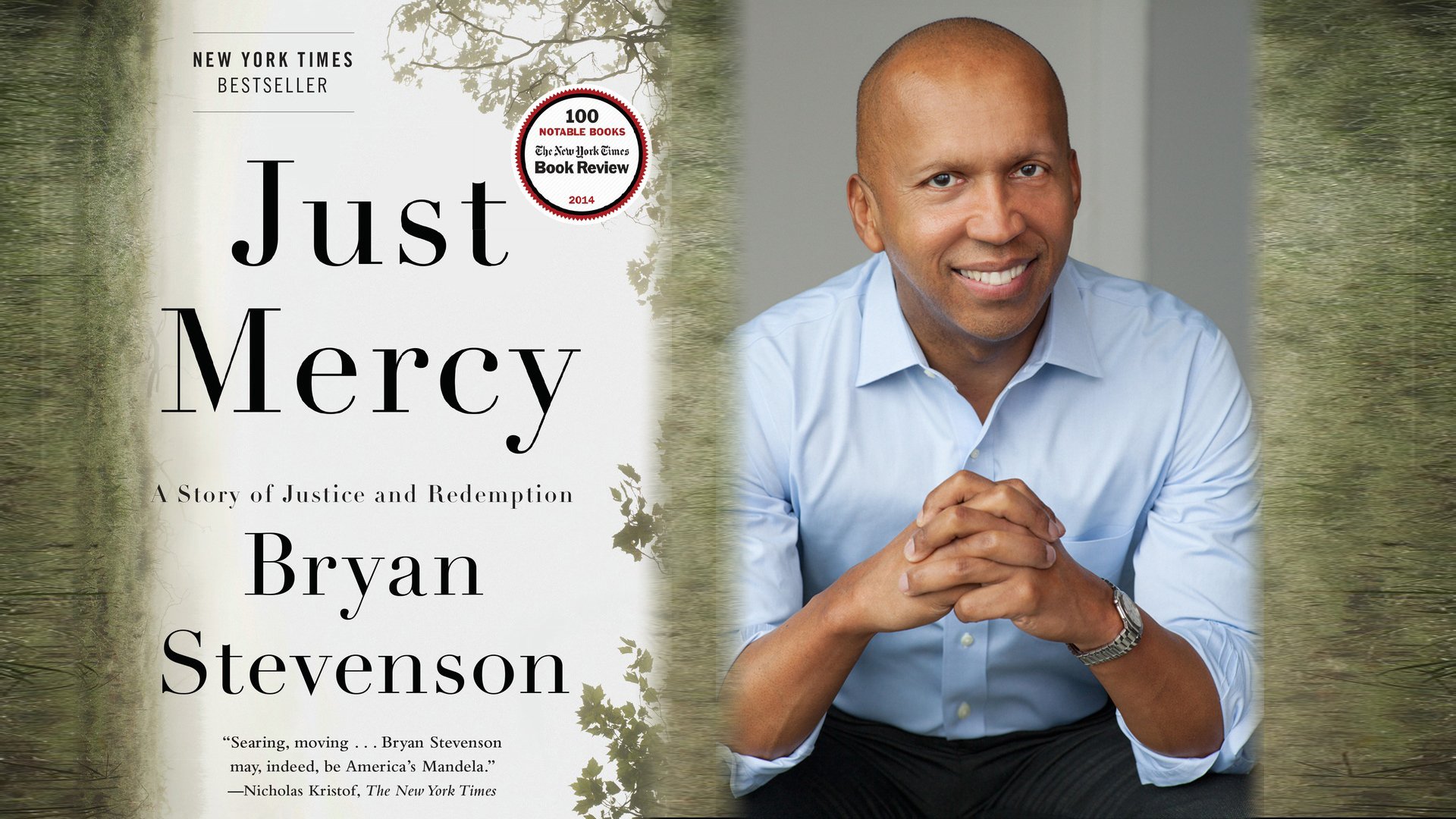Just Mercy Review
I finished Just Mercy on the way back from a conference a few weeks back. I’m grateful for Stevenson’s ability to tell painful stories with hope and grace. And I have deep respect for the work he has and is doing—it was incredible to hear about the hours he and colleagues put in to barely make ends meet while regularly receiving death threats. For offering legal counsel to those who needed it.
He does a great job of unpacking how factors like childhood abuse and neglect, poverty, trauma (especially by those who have served in the military or lived in neighborhoods plagued by violence), and mental illness play into a justice system that is sometimes shockingly inept and is often racist in fact, sometimes by accident and sometimes not. His first hand witness and research are in keeping with a new study finding that 42% of people in prison witnessed someone being killed as a child.
I was shocked at the number of times he describes someone’s conviction as being connected to public defenders who were later disbarred for gross incompetency or ‘experts’ who were literally con men who had invented credential they didn’t possess. And the tragic frequency of rape and other violence at the hands of prison guards and even chaplains was both heartbreaking and infuriating.
The past few weeks, I’ve read a lot of stories about the new rules for immigrants that are resulting in babies and children being taken from their parents and placed into separate housing facilities in Arizona and elsewhere. Some women applying for asylum to escape violence and death threats have instead been incarcerated and separated from their little ones. Others have come illegally, seeking a better future for themselves and their families. This made me think of Stevenson’s point that almost two-thirds of women in prison are there for low level property crimes like writing hot checks because they couldn’t afford Christmas gifts for their kids. He writes, “75 to 80 percent of incarcerated women are mothers with minor children. Nearly 65 percent had minor children living with them at the time of their arrest—children who have become more vulnerable and at-risk as a result of their mother’s incarceration and will remain so for the rest of their lives, even after their mothers come home” (236-237). What will be the ongoing impact of the trauma resulting from this policy majoring on kids being taken from their parents and placed in ‘foster care or whatever?’
The stories of willful ignoring of evidence, of children trying to protect adults or simply survive being convicted as adults, the death and bomb threats received while working to see that people get a fair trail, all of it—it’s the kind of knowledge I wish I didn’t need. But I recognize it’s essential if I’m planning to take seriously Micah’s timeless admonition to do justice, love kindness, and walk humbly (and I am). Because knowing these stories will help me pray and act based on what really is (at least for now) and what I hope America and its justice system can become.

